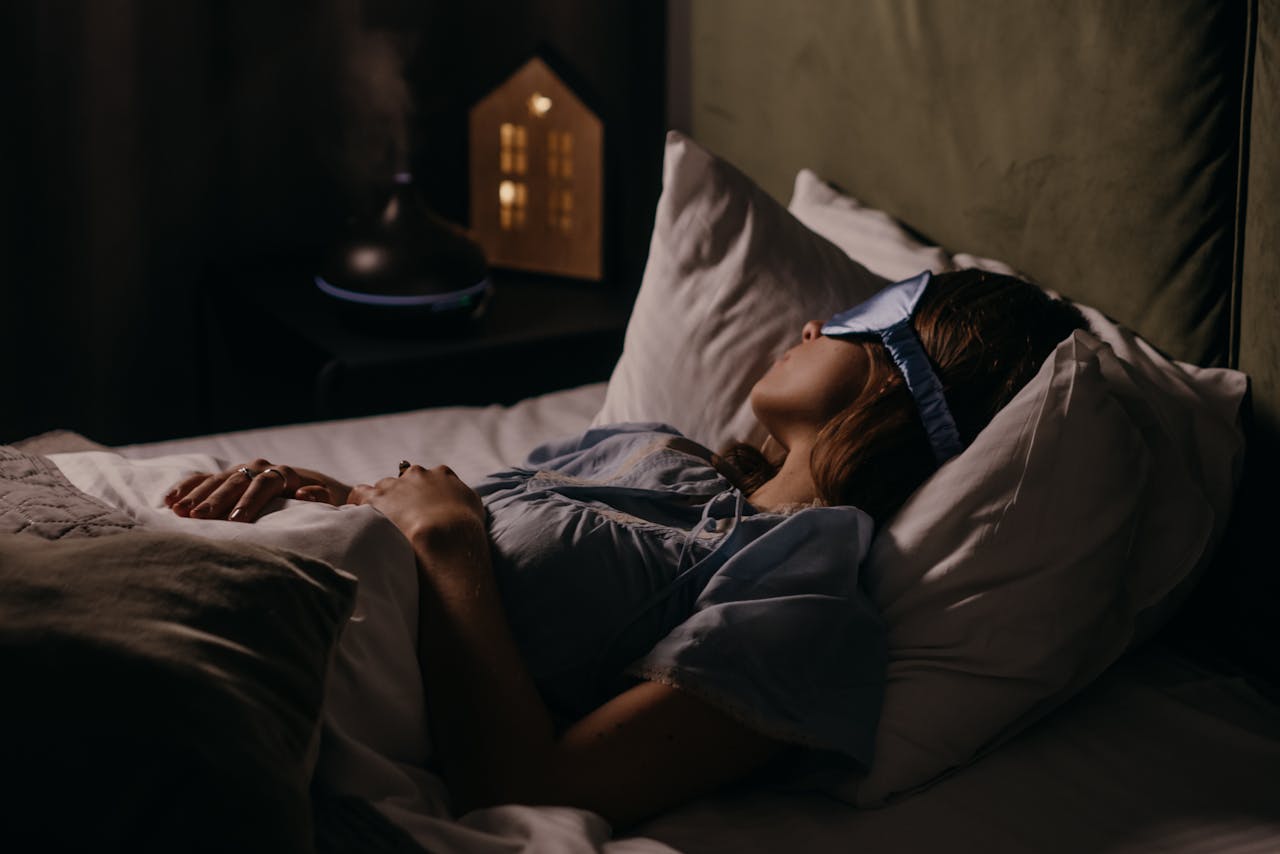
The new drug prevents inflammation and damage to organs following oxygen deprivation.Continue reading

Too little or too much sleep increases the risk of mortality and stroke, reads a comprehensive analysis published by Semmelweis University in the journal GeroScience. People who consistently sleep less than seven hours or more than nine hours a day have a higher risk of mortality, researchers found.
According to the study, those who sleep less than seven hours per night have a 14 percent higher risk of mortality. Long sleep duration is even more dangerous for those who regularly sleep at least nine hours per night, as their risk of mortality is 34 percent higher than those who sleep seven to eight hours.
The Semmelweis University study analyzed data from more than 2.1 million adults in groups examining short and long sleep times, including the review of a total of 79 international publications.
The results also revealed significant sex differences: men who slept less than seven hours had a 16 percent higher mortality risk, while sleeping more than eight hours increased it by 36 percent. In women, short sleep duration increased the risk of mortality by 14 percent, while long sleep duration increased it by 44 percent.
Hormonal, behavioral, or cardiovascular factors may be behind these differences, although the exact causes are not yet known.
The study reveals that the most common sleep disorder is chronic insomnia. Previous studies suggest that one-third of the world’s population experiences insomnia at least once in their lifetime, and about 10 percent suffer from chronic insomnia.
The authors of the new study warn that sleep deprivation is becoming an increasingly serious global public health problem. Millions of people worldwide are not getting enough sleep due to increased workloads, regular use of digital devices, or frequent stress. Shift workers and those with irregular schedules are particularly at risk. Chronic sleep deprivation is associated not only with mortality but also with a number of health problems, such as obesity, diabetes, cardiovascular disease, and a weakened immune system.
“As a society, we are experiencing a sleep epidemic,” said Dr. György Purebl, Director of Semmelweis University’s Institute of Behavioral Sciences, co-author of the study, as quoted in the university’s release.
Even though awareness has grown, our behavior has not changed much in the last decade. The constant exposure to blue light, pressure to remain available around the clock, and disruption of our natural biological rhythms continue to take a toll on our health.”
added the director.
In another study, the Hungarian researchers focused on the relationship between sleep duration and stroke incidence and related mortality. Those who slept five to six hours per night were 29% more likely to suffer a stroke, and their risk of stroke-related mortality increased by 12%. Those who slept more than eight to nine hours had a 46 percent higher chance of developing a stroke and a 45 percent higher chance of dying.
“Stroke remains one of the leading causes of death and long-term disability worldwide,” Dr. Balázs Győrffy, Head of the Department of Bioinformatics at Semmelweis University and senior author of both studies, was quoted as saying in the release.
Identifying modifiable risk factors like sleep can offer powerful public health benefits. Our findings make it clear that sleep duration should be considered in stroke prevention strategies to reduce the burden on healthcare systems and improve population health,”
he noted.
Data from the World Health Organization show that 15 million people suffer a stroke each year. Of these, five million die and another five million suffer permanent damage, such as loss of speech or vision, paralysis, or cognitive impairment. Most cases could be prevented by controlling blood pressure and avoiding smoking. Experts say it is worth establishing a consistent sleep routine, limiting screen use and bright lights before bedtime, and ensuring a dark, cool, and quiet environment in the bedroom. Avoiding alcohol, consuming caffeine in moderation, and exercising regularly can also contribute to restful sleep.
The meta-analyses were conducted as part of the Semmelweis Study, a long-term research project. The program follows Semmelweis University employees to examine how lifestyle factors, such as sleep, affect health. The aim of the research is not only to support institutional health promotion, but also to contribute to the development of general public health recommendations.
Via semmelweis.hu, Featured image: Pexels